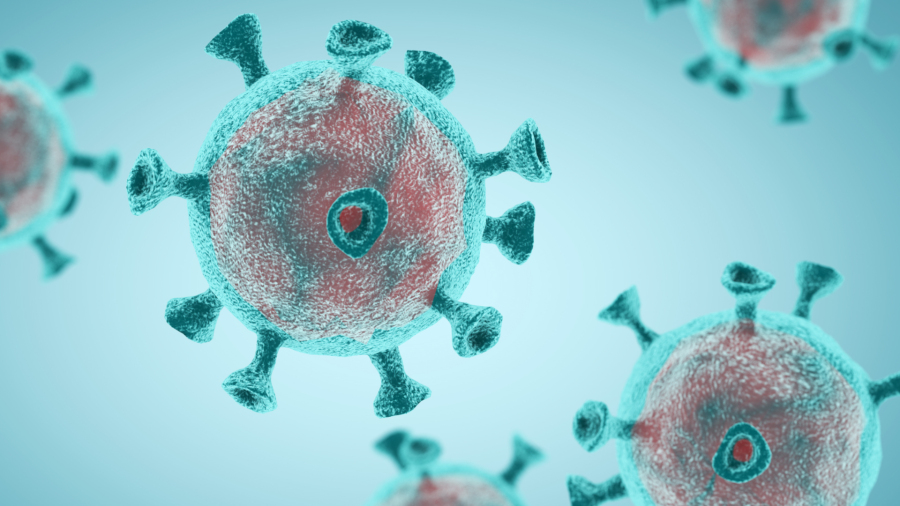
According to Healio.com, one recent study connected SARS-CoV-2, or COVID-19, with lower sperm counts and quality in men. These results were drawn from a study of 84 men with the disease and 105 men without the disease.
The Study
The study, conducted on men in Iran, was the first to measure the connection between COVID-19 and male reproductive health. The participants ranged in weight, height, and body fat percentage. They were evaluated at 10-day intervals for up to 60 days.
The study had a urologist on-site, who confirmed that the men were fertile going into the study. The men infected with COVID had almost all developed a critical, severe, or moderate case of the disease. Only one had not developed any of these severities.
The study showed that markers of inflammation and oxidative stress were increased by 100% among men with COVID-19 when compared with the unexposed subjects. Sperm concentration was reduced by 516%. Mobility of the sperm cells was reduced by 209%. Cell shape was morphed by 400%
These effects, however, tended to improve over time. Thus, the effects could be temporary.
The researchers concluded that couples attempting to conceive should speak with a specialist to have their fertility status carefully examined.
Are the Results Conclusive?
These results are from one test, conducted on 199 men. Conclusions on issues are not usually drawn from only one study but are drawn from the combined results of many peer-reviewed studies.
There are systematic reviews of the literature around COVID-19 and infertility in existence. One such review, found on the NCBI website, analyzed 24 original articles on the topic of male infertility and COVID-19.
The study found that, although little investigation has been done, viral mRNA has been identified in the semen of infected men. The studies analyzed also revealed reported cases of low testosterone. The researchers also noted altered seminal parameters.
the analysis concluded that some recent literature indicates a vulnerability to SARS-CoV-2 virus on the part of the male gonads. This study also recommended caution to women and couples attempting to conceive naturally.
In Layman’s Terms
Although evidence is sparse and studies are yet unanimous on a narrative of COVID-19 infection and male infertility, there is strong evidence of a correlation between the two.
In some studies, sperm shape, mobility, and count were all showed to be altered by the SARS-CoV-2 virus. This could result in troubles conceiving or delivering a child on the part of prospective couples.
One study did suggest that these effects were temporary. In this study, most cases of altered sperm changed given time for healing. Thus, the cases look more like temporary effects.
In some studies, researchers urged prospective couples to consult specialists before trying to conceive or deliver a child. This is to reduce the likelihood of complications in pregnancy resulting from changed sperm conditions because of the virus.
How to Avoid COVID-19
Since many men are attached to their reproductive health and would like to produce children one day, it would be beneficial to avoid the virus altogether.
To do this, you can avoid mass gatherings in confined spaces. Having people pressed so close together makes for an optimal method of transferring the virus. Even with masks, the virus can spread in such conditions.
Another way to avoid the virus is to wear a mask. Wearing a mask reduces transmission of the virus by decreasing droplets and particles that travel from one person to another. These droplets can be transferred by sneezing, coughing, or simply speaking to another person. Even breathing releases particles.
Handwashing is key in preventing the spread of the virus. Washing your hands clears them of any infected particles which may make their way into your body. Washing your hands has always been a good idea for preventing the spread of infectious disease, and still is.
Signing up for a vaccine can also get you on the path to immunity. Men looking to receive a COVID-19 vaccine can sign up for waitlists. Usually, older people and people with health problems are the first to get the vaccine. In some states, smokers are also given special consideration because of likely lung damage.
Does the COVID-19 Vaccine Affect Fertility
Many people are afraid of how the COVID-19 vaccine might affect fertility going forward. Having so many people get the vaccine may seem hasty.
Remember that the decreases in fertility were temporary in most cases. This is likely because fevers are known to cause temporary decreases in fertility, and COVID-19 causes fevers.
In studies of the vaccine, 16% of men contracted a fever. Thankfully, these fevers were not serious, and the men recovered from them. Since any fever can cause temporary infertility, men who experienced a fever after the COVID-19 vaccine might consult a specialist on fertility.
Written by Justin Stewart, a frequent collaborator with Senior Planning. Senior Planning offers a free care-finding service as well as assistance with benefits for seniors, veterans, and those with disabilities.